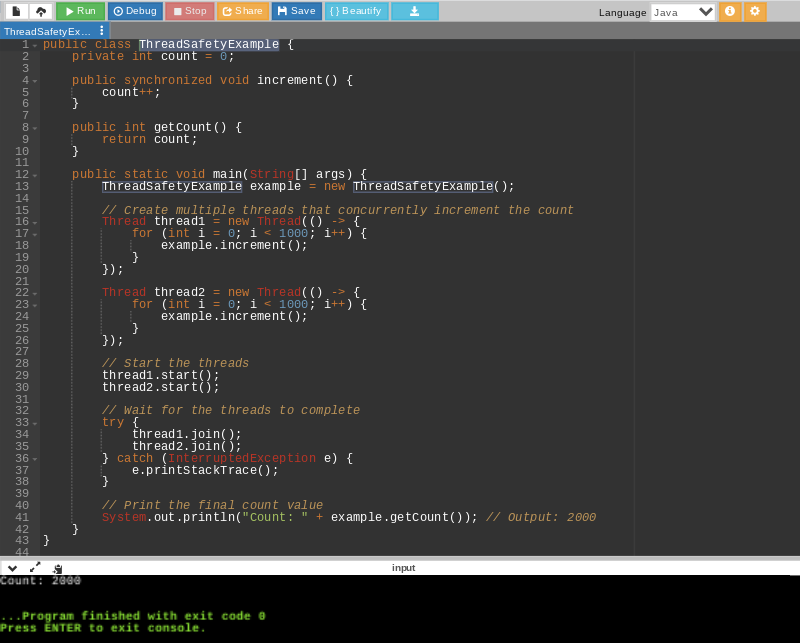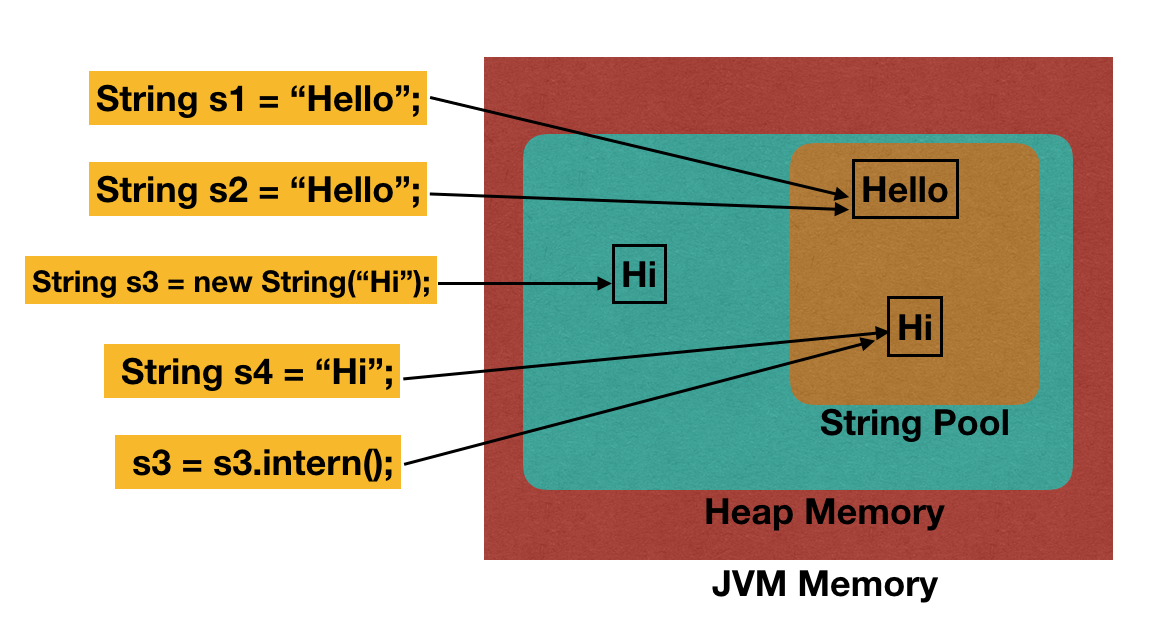Why Are Strings Immutable in Java? Discovering the Design Choices
Why Are Strings Immutable in Java? Discovering the Design Choices
Blog Article
Unalterable Strings: A Secret Part in Ensuring Data Uniformity and Dependability
In the world of data monitoring, the value of unalterable strings can not be overstated. These changeless series of characters play an essential duty in supporting the honesty and accuracy of information within systems. By preserving a state of immutability, data consistency is made sure, fostering a foundation of dependability whereupon vital processes count. The concept of unalterable strings goes beyond mere formality; it is a linchpin in the complicated internet of information administration. As we check out the advantages, execution strategies, and practical applications of unalterable strings, a clearer picture arises of their important nature in securing the digital landscape.
The Principle of Unalterable Strings
Unalterable strings, a basic principle in shows, refer to strings that can not be modified once they are created. Essentially, when a string value is appointed, any operation that appears to change the string in fact produces a new string. This immutability makes certain information consistency and integrity in applications, as it avoids unexpected adjustments to the original information.
Benefits in Information Uniformity

Information uniformity is vital in different elements of software development, including data source administration, multi-threaded environments, and dispersed systems (Why are strings immutable in Java?). Immutable strings contribute significantly to achieving this uniformity by protecting against information corruption due to simultaneous accessibility. In situations where several processes or strings engage with the exact same information all at once, unalterable strings serve as a protect against race conditions and synchronization concerns
Furthermore, the immutability of strings streamlines debugging and screening processes. With unalterable strings, designers can trust that once a string is established, it will stay unchanged, making it less complicated to trace the resource of mistakes and making sure that examination instances generate consistent outcomes. This reliability in data managing inevitably brings about more stable and robust applications.

Applying Unalterable Strings
Guaranteeing the immutability of strings calls for a thoughtful technique to their execution in software program development. As soon as a string item is produced, one vital approach is to develop string classes in a way that protects against modifications. By making strings unalterable, designers can improve data consistency and reliability in their applications.
To implement immutable strings effectively, designers should prefer creating new string items instead of modifying existing ones. This technique guarantees that as soon as a string is assigned a worth, it can not be changed. In addition, any type of operation that shows up to change the string needs to produce a new string with the wanted adjustments rather than modifying the original.
Furthermore, utilizing unalterable strings can simplify concurrency administration in multi-threaded environments. Since immutable strings can not be changed after development, they can be securely shared among numerous threads without the risk of information corruption.
Duty in Reliability Assurance
In software program advancement, the application of unalterable strings plays an important role in making sure the dependability of information operations. Immutable strings, as soon as developed, can not be modified, making sure that the data they represent remains consistent throughout the application's execution. This immutability residential property gives a degree of assurance that the information being refined will not be inadvertently altered, causing unforeseen end results or mistakes in the system.
By incorporating immutable strings right into software application style, designers can boost the reliability of their applications by reducing the threats associated with mutable data - Why are strings immutable in Java?. Immutable strings assist in avoiding data corruption or unexpected alterations, which can be especially essential when dealing with sensitive information or when data stability is extremely important
Furthermore, the use of immutable strings streamlines concurrent processing, as multiple strings can securely accessibility and share string information without the risk of one thread altering the content while an additional is reviewing it. This facet adds significantly to the overall integrity of the software program system, ensuring foreseeable and regular behavior in information managing operations.
Applications and System Assimilation
The seamless integration of immutable strings into various applications and systems is crucial for ensuring robust data uniformity and reliability throughout varied technological atmospheres - Why are strings immutable in Java?. Unalterable strings play an important function in boosting the honesty of data exchanges and interactions within complex software application communities. By integrating unalterable strings right into applications, developers can mitigate the risks related to data tampering, unapproved modifications, and unintentional changes, consequently strengthening the general safety and security position of the system
In the context of system assimilation, unalterable strings offer as a fundamental component for establishing safe and secure communication networks and promoting seamless information transfers between different parts. Their immutable nature makes sure that information transferred between systems remains verifiable and the same, reducing the possibility of variances or errors that could endanger the stability of the whole system. Furthermore, immutable strings can enhance interoperability in between diverse systems by providing a standard style for data representation, making it possible for extra reliable information processing and exchange methods throughout interconnected platforms. By adopting unalterable strings in applications and system combination procedures, organizations can strengthen their information facilities and support the reliability and uniformity of their details assets.
Conclusion
To conclude, immutable strings play an important duty in keeping data consistency and reliability in different applications and system assimilations. By guaranteeing that strings can not be changed when developed, the stability of information is protected, lowering the danger of inconsistencies and errors. Carrying out unalterable strings can considerably improve the integrity of systems, eventually causing more exact and dependable data processing.

Report this page